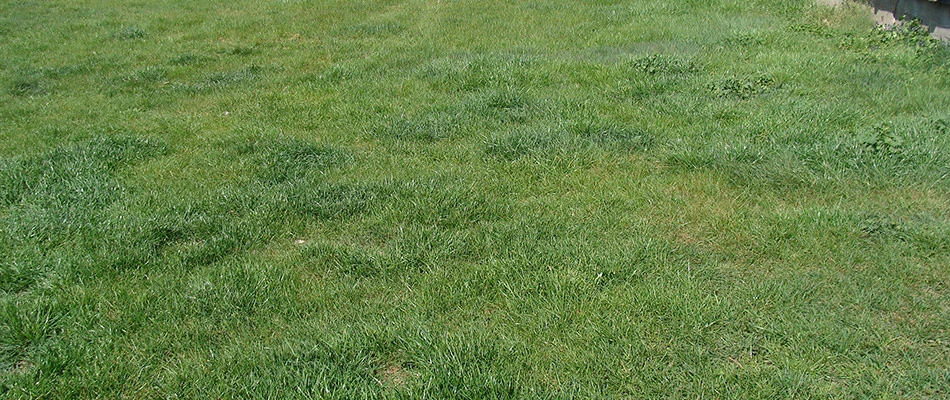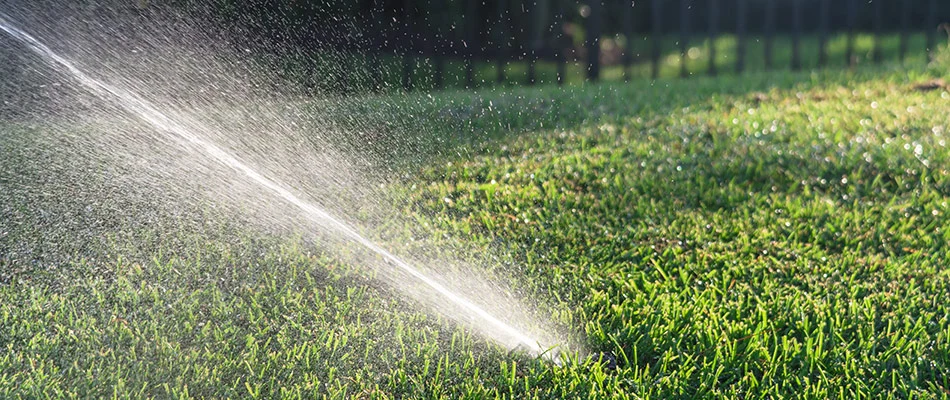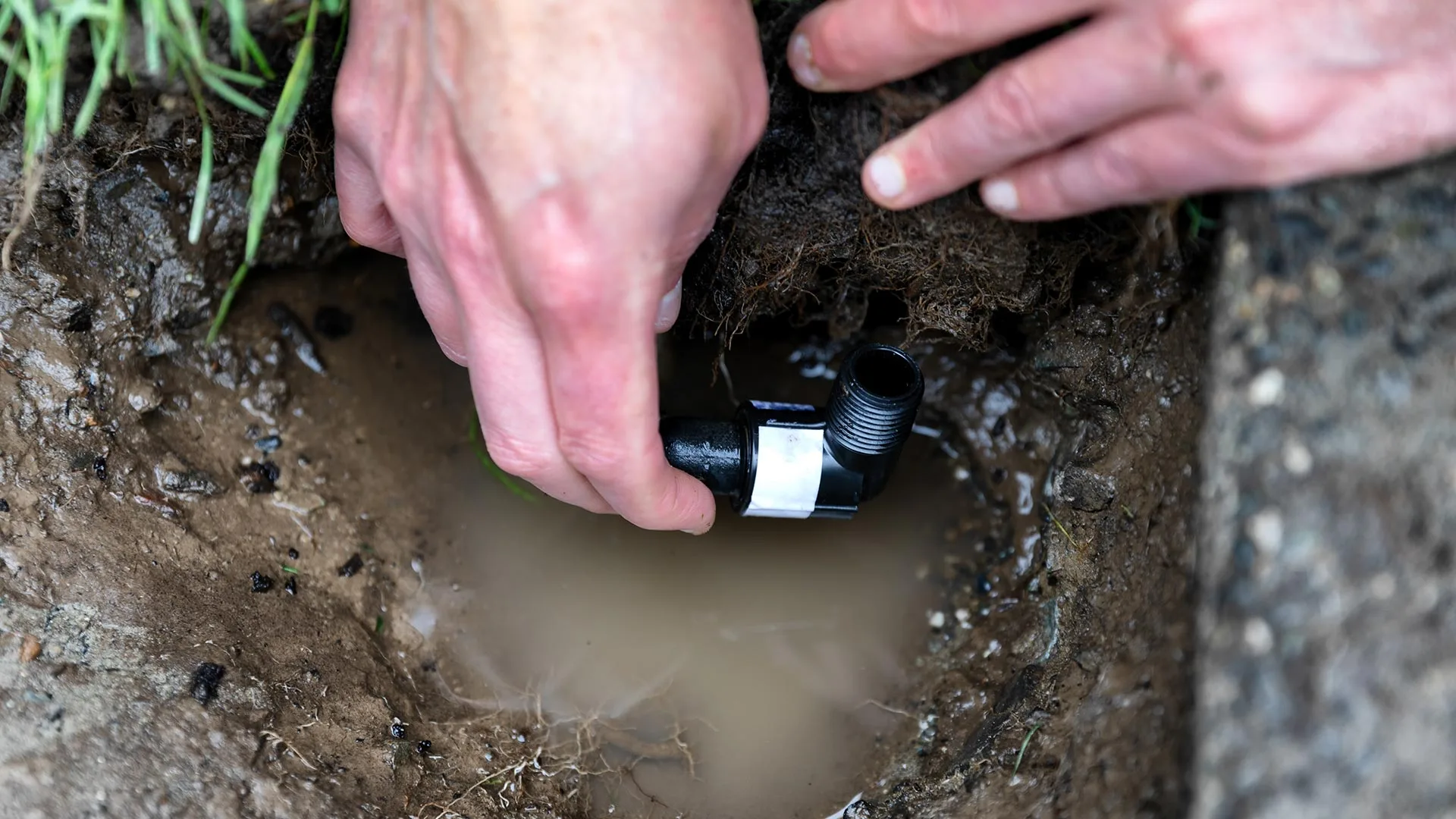Irrigation systems consist of many parts that work together to keep your lawn and landscape beds hydrated. Like an orchestra, all the individual parts — the valves, pipes, and other devices — come together to create a gorgeous product. However, sometimes, the parts that make up your irrigation system can become damaged and affect how much water your lawn receives, ruining the melody. Here are three signs that could indicate your irrigation system in North Carolina needs to be repaired. To start, your water bill may increase if your irrigation system is wasting excess water. Brown areas on your lawn and a change in water pressure can also mean your system needs to be repaired. Keep reading to learn more about each of these signs.
1. If your water bill is higher than normal, your irrigation system may need to be repaired.

If you get your water bill at the end of the month and it's higher than normal, that's an indicator that your irrigation system may need to be repaired. Typically, a higher bill can indicate water is leaking from your irrigation system due to a damaged pipe or valve. This is a red flag signaling that a defect is increasing the amount of water being used. The increase in water wastage can then increase the cost of your bill because the irrigation system will be using more water.
Hire a professional to verify that there is a leakage. Without experience, you can misdiagnose the problem.
2. If parts of your lawn are brown while other areas are green, it could mean your irrigation system needs to be repaired.

If you notice that some parts of your lawn are brown while other areas are green, there is a chance that it's because your irrigation system isn't functioning properly and needs to be repaired. This could happen if every part of your lawn isn't recieving enough water. Unfortunately, broken and clogged sprinklers won't release as much water as they should, reducing the amount of water reaching your lawn.
Additionally, brown areas of grass can indicate that the sprinkler zones on your lawn are set incorrectly. Different regions on your lawn require different amounts of water to grow healthy and strong, so zones are set to customize the amount of water areas on your lawn receive. However, if these zones are incorrect, you risk your irrigation system underwatering your grass and plants, causing them to turn brown.
3. A change in water pressure is an indicator that your irrigation system needs to be repaired.

If you notice a change in your water pressure, it could mean that your irrigation system needs to be repaired. Several issues can result in a change in water pressure, but some common reasons include faulty valves, malfunctioning pumps, and broken pipes. Typically, you will notice that the water pressure in your system has either decreased or increased. Here is what can happen in either scenario:
- High water pressure: High water pressure can create too much pressure inside your irrigation system and cause water to shoot too far. This can put stress on the system and underwater areas of your lawn.
- Low water pressure: If your irrigation system is operating with too low of water pressure, the water will lack the power to reach the areas where it should. This can leave areas of your turf underwatered.
Sign up for an irrigation management program to catch problems as they arise.
Call us today to schedule our irrigation repair service!
Your irrigation system is a complex arrangement of different devices, and like any complicated structure, it may break down from time to time. If you suspect your irrigation system needs a repair, call us at (336) 396-9191 to schedule our irrigation repair service. At Ideal Landscaping & Irrigation, our professionals are ready and equipped to repair any problem with your irrigation system. We service commercial, residential, and HOA properties in Greensboro, Winston-Salem, Summerfield, and surrounding areas in North Carolina.



Comments (0)
Thanks for your comment!
Thanks for your feedback! Your comments have been successfully submitted! Please note, all comments require admin approval prior to display.
Error submitting comment!
There is a problem with your comment, please see below and try again.